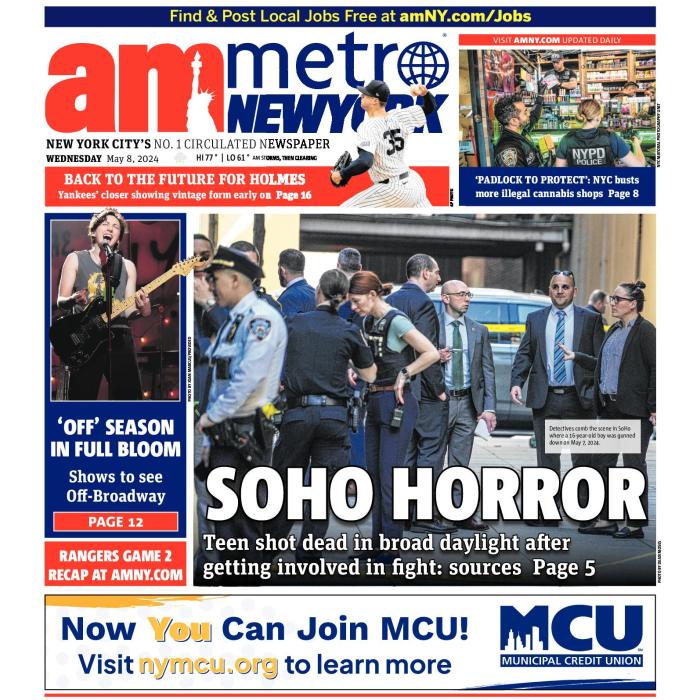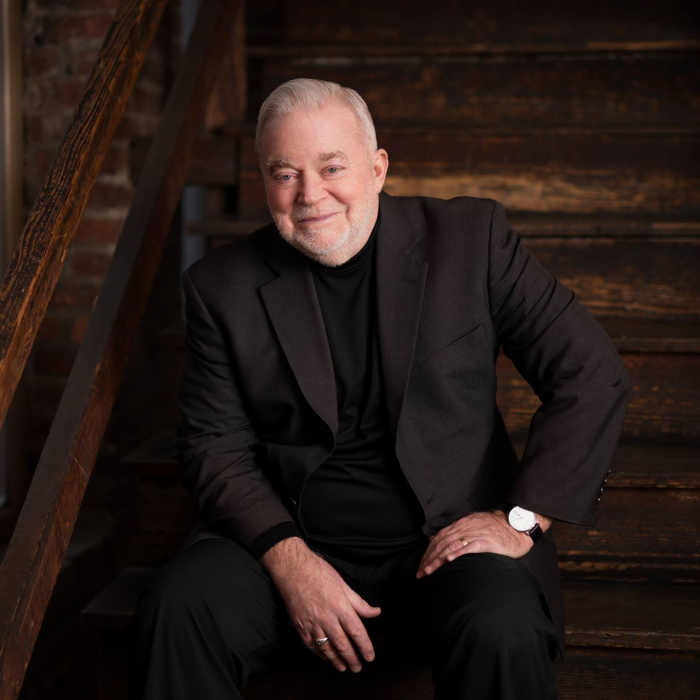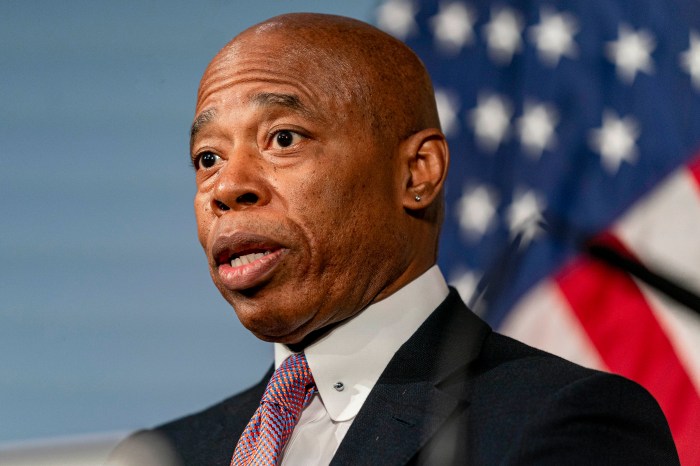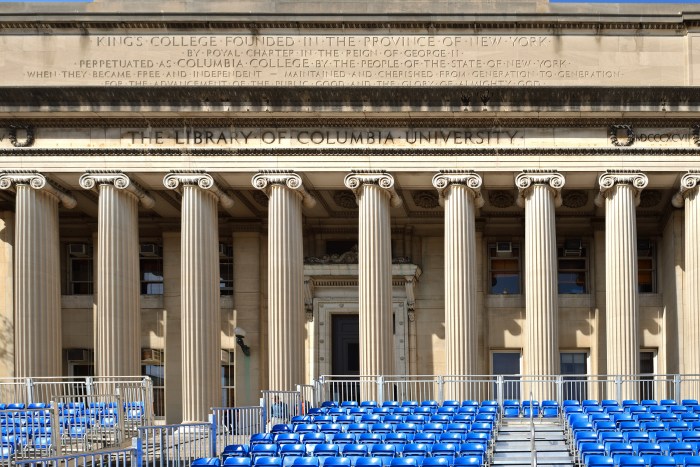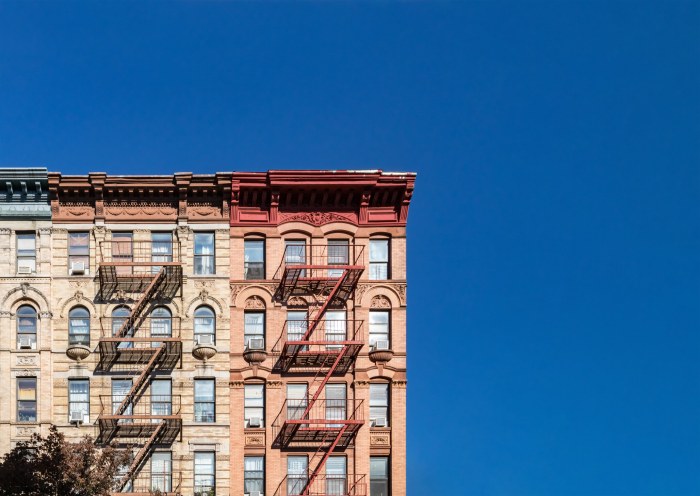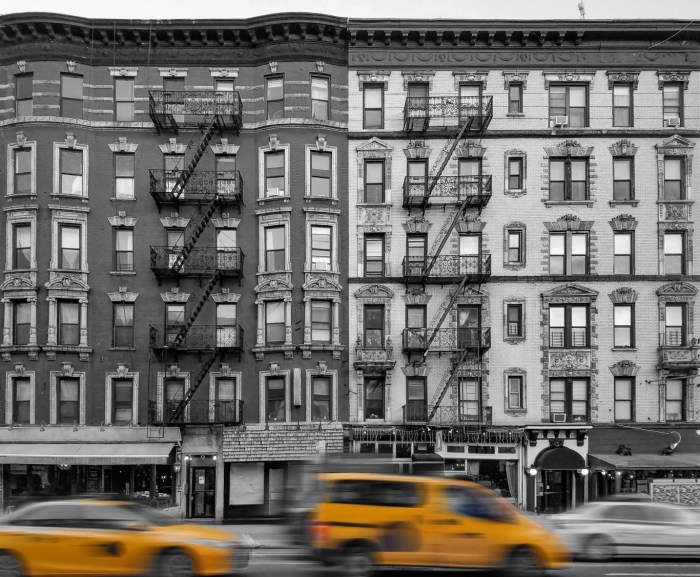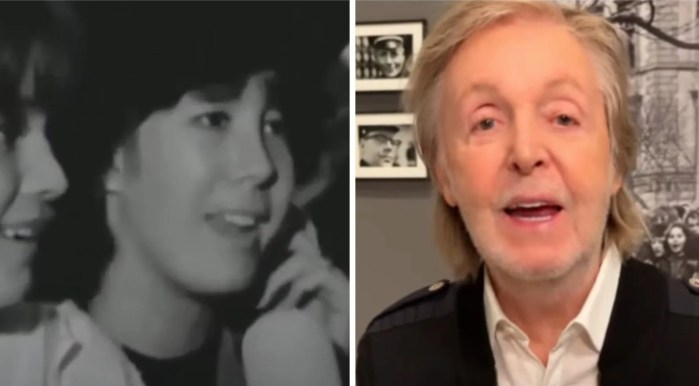
With the news that former Mayor Michael Bloomberg is again pondering a presidential run against a field currently dominated by a Manhattan real estate mogul, a Brooklyn-reared socialist and the former junior senator from the Empire State, it’s time to grudgingly acknowledge that maybe Ted Cruz was onto something after all: The last thing campaign 2016 needs at this point is still more #NewYorkValues.
I don’t mean support for abortion rights, which is what Cruz is hammering Donald Trump over in his latest Iowa commercial (the Republican front-runner only recently came around to the party’s pro-life requirements). I’m referring, instead, to the public-policy approaches that may make sense in our largest city, but often could not and usually should not be attempted on a national scale.
Take eminent domain. Since the Supreme Court’s Kelo v. City of New London decision, governments have had constitutional cover not only to seize private property for public use – to build a school or freeway, for instance – but also to transfer land from one private owner to another for the “public good,” a vague term that sometimes means replacing tenements with sports stadiums or luggage stores with luxury hotels.
The Republican Party has longed opposed such transfers as contrary to free market principles; so do 4 out of 5 Americans. But in cheek-by-jowl Manhattan, the property rights of small homeowners and business people are like bugs on the windshield of the city’s swashbuckling real estate developers and the ribbon-cutting politicians who enable them.
Bloomberg as mayor relied on eminent domain so much that he campaigned against the post-Kelo legislative backlash, warning that “You would never build any big thing any place in any big city in this country if you didn’t have the power of eminent domain.” Trump has said he supports Kelo “100 percent.” Only Bernie Sanders of our New York four understands the truism that when government and business elites conspire to eradicate “blight” for the public good, poor and working-class people suffer first and most.
Guns are another area where New York has always pleaded exceptional circumstances to justify exceptional policies. (You can’t even use a demonstrably fake gun on TV to make a point about local gun laws.) This federalist exercise in rule-making makes intuitive sense: A city this dense and nonhomogenous is just not going to have the same gun regulations as rural Vermont. But New Yorkers are not exactly famous for keeping their provincial eccentricities to themselves, and Bloomberg, for one, believes New York’s gun laws should be a model for the rest of the country.
At a 2003 news conference, Bloomberg said, “I don’t know why people carry guns. Guns kill people.” Whether or not one shares his anti-gun views, the important thing to note is that the American people do not. There is around one gun for every United States resident, 1 out of 3 households contain a firearm, and 45 states allow for some form of open carry.
New York’s environmental values, as Cruz has gleefully pointed out, produced a statewide ban on hydraulic fracturing, thereby depriving the economically depressed upstate region of the types of jobs enjoyed by Pennsylvania, Ohio and North Dakota. Raising the minimum wage to $15, which is overwhelmingly popular in a city this expensive, makes a lot less economic sense in affordable Cedar Rapids, Iowa, Sanders’ vigorous exertions notwithstanding. Clinton’s yen for technological snooping – she wants government to have a back door into your iPhone, and Silicon Valley to censor jihadi communication – is not unusual in the context of New York’s ubiquitous post-Sept. 11 public surveillance cameras, but less palatable in leave-me-alone states such as Montana. And Bloomberg’s heavily paternalistic values toward the things people choose to put into their bodies is simply unimaginable on a national scale. A potential federal ban on Big Gulps probably won’t rally undecided voters to the billionaire’s side.
As a Brooklyn resident for the last four years, I can testify that New York is an odd model upon which to base governing ideas elsewhere, unless you’re deliberately trying to create gaping potholes, shabby airports and mind-boggling corruption scandals.
No other polity in America has New York’s combination of high taxes, high culture, entrepreneurial excellence, arcane Progressive-era governance structures, lousy Irish bars and a thousand things besides. It’s a great and thrilling place to live. Those who master these idiosyncratic ropes of government and commerce tend to be larger-than-life caricatures – the vulgar and successful con man, the self-made industrialist who gets things done, the carpetbagging success story looking for the big stage; the sidewalk socialist barking amiably about politics.
An entertaining and accomplished lot, to be sure, but one that has learned a series of lessons that just shouldn’t be imposed on the rest of us.
Matt Welch is editor in chief of Reason and a contributing writer to the Los Angeles Times’ opinion section.
